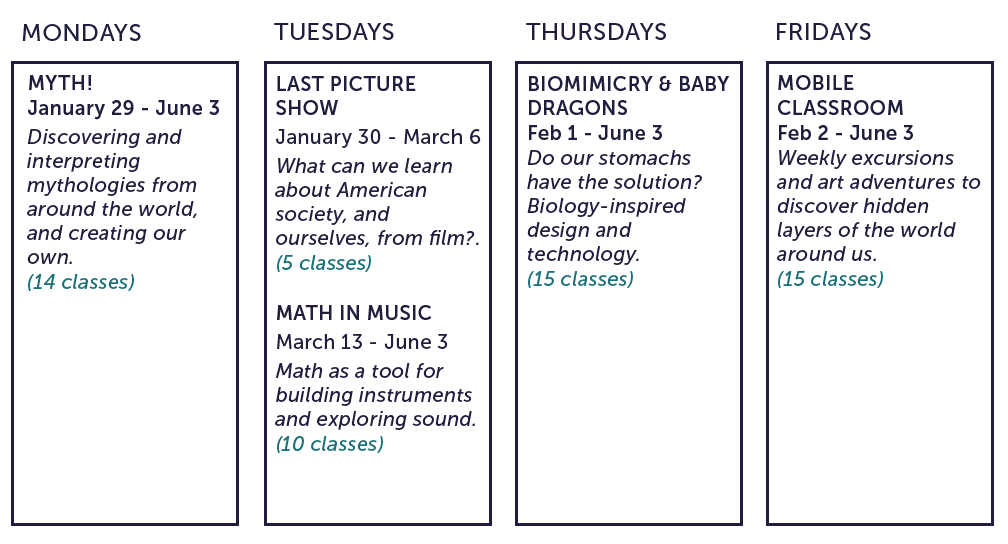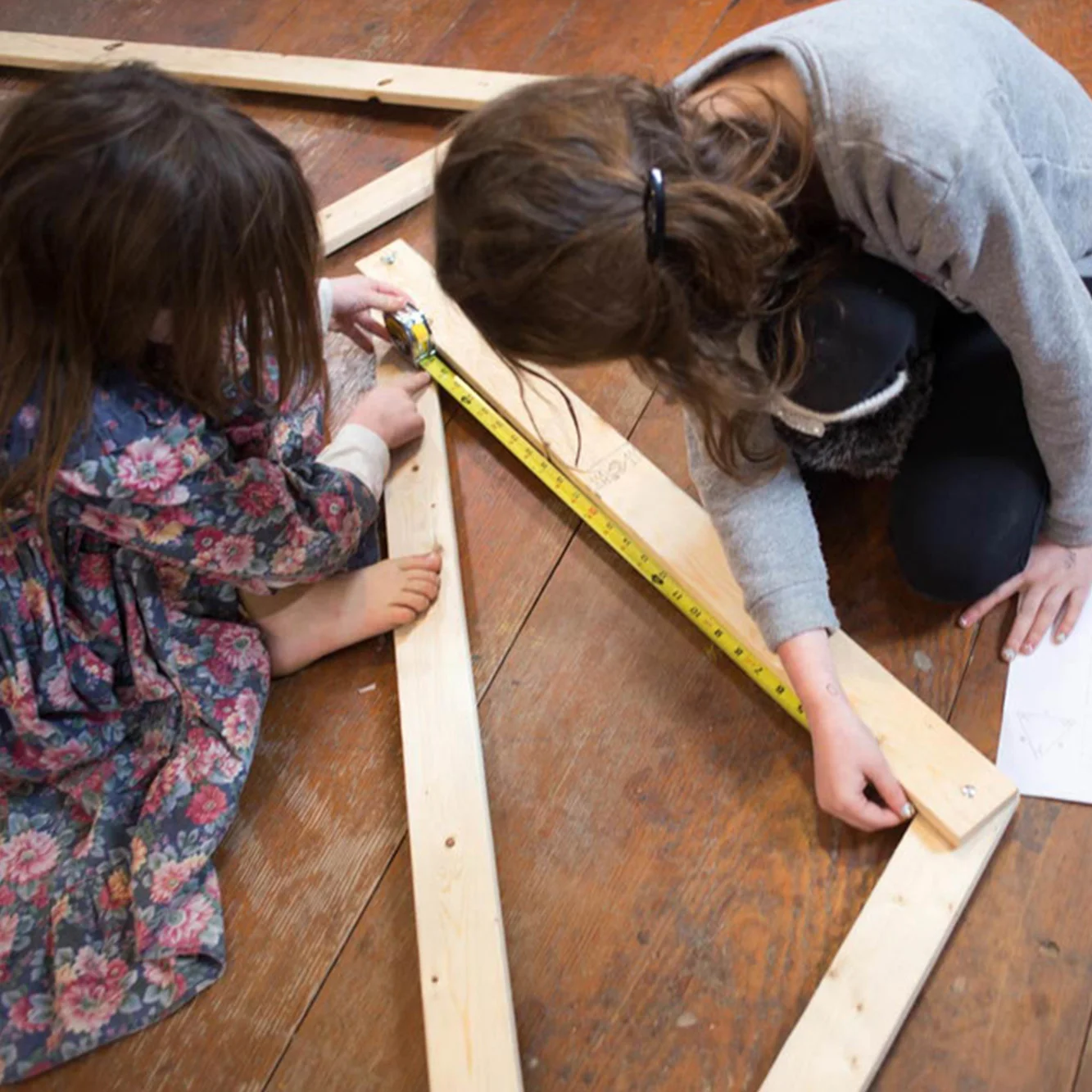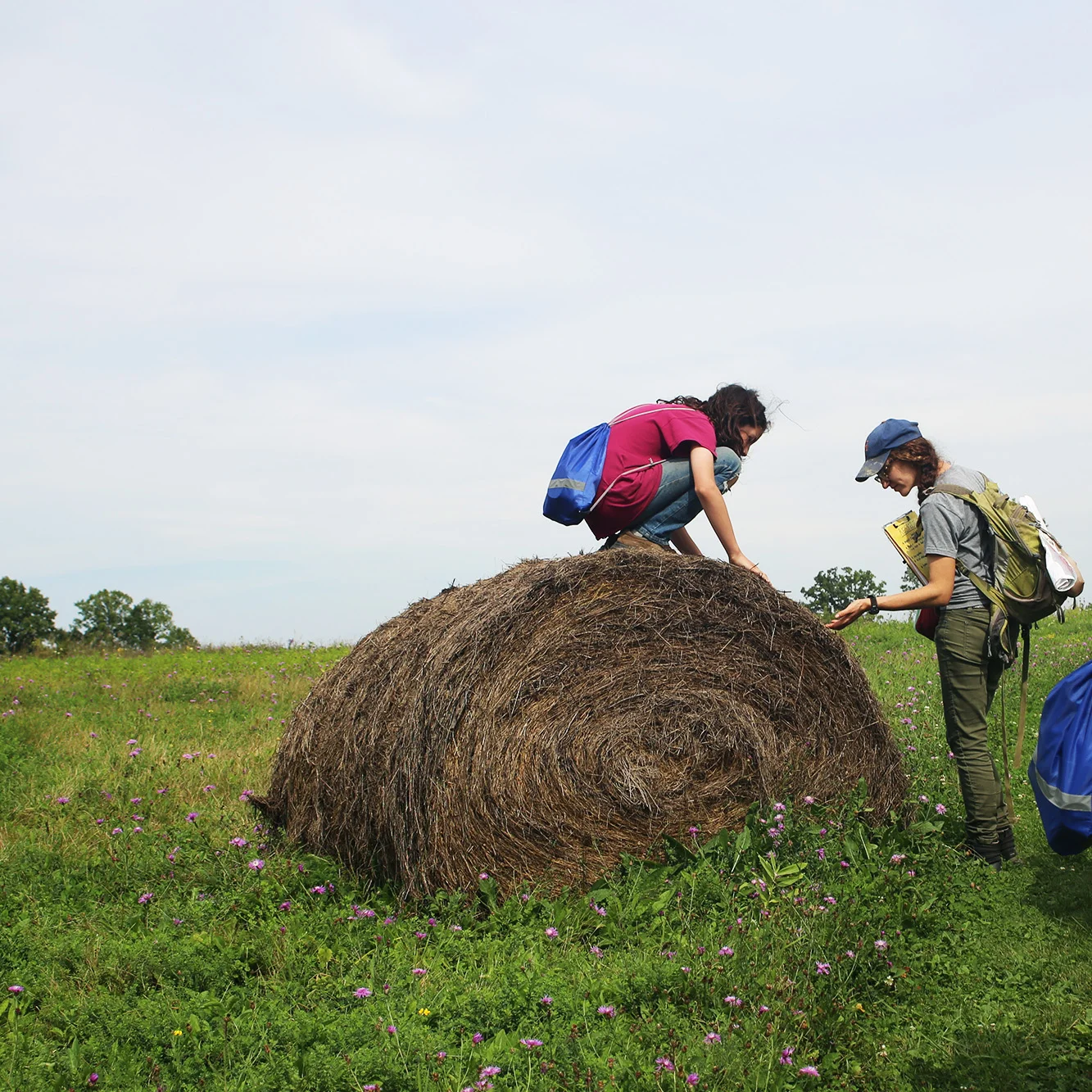KITE'S NEST DAYTIME PROGRAM
Kite's Nest's Daytime Program provides a rigorous, creative, project-based, and wide-ranging curriculum for students ages 8 - 14, four days a week, from 9:30am - 3:00pm. Students may register for individual courses (a la carte), or students may enroll in the Full Week Program and receive additional support. Over the course of the year, daytime courses cover themes in social studies, history, writing, literacy, foreign language, math, engineering, geology, ecology, and community service. The year is organized into two semesters: Fall Semester (September - December), and Winter/Spring Semester (February - June). Please contact us with any questions! We love getting to learn about families and students in advance and are happy to talk on the phone or meet in person.
Details:
4 days a week: Monday, Tuesday, Thursday, Friday
9:30am - 3:00pm
Ages 8 - 14
Dates:
Fall 2017 Semester: September 18 - December 17 (13 weeks)
Winter/Spring 2018 Semester: January 29 - June 3 (15 weeks)
Pricing:
Each program has a per-course fee if you are registering for individual courses. Our Full Week Program tuition includes all four daytime courses. The four-day a week program will enable students and families to use Kite's Nest as a substantial social and academic support to their homeschooling endeavors. Sliding-scale tuition assistance is available for families who qualify. Payment plans are available to all. Contact us for an application.
Winter/Spring semester Full Week Program semester tuition: $3,600
Students may register for individual classes. Fees for each class listed below.
Winter/Spring 2018 classes, at a glance:
Class Descriptions: WINTER/SPRING 2018
MYTH!
Discovering and interpreting mythologies from around the world, and creating our own.
Mondays, 9:30am - 3pm.
January 29 - June 3: 14 classes. No classes will be held on February 19, April 2, April 9, or May 28.
Class fee: $950 | Sliding-scale tuition is available for families who qualify. Payment plans are available to all.
Lead teacher: Ngonda Badila
From the beginning of time, humankind has told stories. These stories, passed on from one generation to the next, hold immense cultural power. Traveling back in time and whirling around the globe, we will look at myths and mythologies from a range of cultures and countries. Together we’ll explore the myths of both ancient and contemporary cultures, and ask ourselves: How do myths from different world cultures still enter into our lives today? Using our newfound mythological knowledge as a starting point, we will delve deeper to explore how these narratives connect to our own selves. And we will become our own mythologers, expressing our own stories through performance, theater, art, writing, storytelling, rituals, music, and craft.
LAST PICTURE SHOW
What can we learn about our society, and ourselves, from film?
Tuesdays, 9:30am - 3pm.
January 30 - March 6: 5 classes. No class will be held on February 20.
Class fee: $340 | Sliding-scale tuition is available for families who qualify. Payment plans are available to all.
Lead teacher: Bhawin Suchak and Youth FX
Pop some popcorn and get cozy! What better way to spend our deep winter months than building our media literacy and diving into the world of film? This art form is one of our country’s largest exports and plays a major role in shaping our collective culture: film can be powerful, transformative, manipulative or liberating. Applying our sociological imagination to films, in this class we’ll develop our toolbox for watching, analyzing, and thinking critically about films. Over 4 classes together, we'll watch films that can tell us about who we are, challenge some of our deepest assumptions, and explore issues at the heart of our society and our own personal development. Students will also be introduced to some key forms, techniques and characteristics of cinema. Taught by the founders and forces behind Youth FX, a youth filmmaking program in Albany, this class aims to create a space for rich dialogue, introspection and observation, and to give students new critical literacy skills to engage with our media-rich world.
MATH IN MUSIC
Math as a tool for building instruments and exploring sound.
Tuesdays, 9:30am - 3pm.
March 13 - June 3rd: 10 classes. No class on April 3 or April 10.
Class fee: $675 | Sliding-scale tuition is available for families who qualify. Payment plans are available to all.
Lead teacher: Bill Brovold
Let’s explore the intersections of math and music: how can we use math as a tool to explore sound, build instruments, and create songs? How can music help us to appreciate the relevance and beauty of math? We’ll work together to build abacuses, learning to create rhythm sequences and visualize beats. We’ll measure, calculate, and work with ratios to design and construct our own unconventional instruments, working with the musical power of geometric shapes and the angles and lines that define them. We’ll explore and play with the distances between pitches, chords, and harmonies. We’ll explore cymatics to uncover the physical expressions of sound waves and vibrations, and we’ll discover the numbers, patterns, and structures inside the sounds and songs that we love -- in order to improvise and compose our own. Over the course of the semester we’ll build our math toolboxes, exploring ways to combine our creativity and logic to gain a deeper understanding of both music and numbers.
BIOMIMICRY AND BABY DRAGONS
Do our stomachs have the solution? Biology-inspired design and technology.
Thursdays, 9:30am - 3pm.
February 1 - June 3rd: 15 classes. No class on February 22, April 5 or April 12.
Class fee: $1,000 | Sliding-scale tuition is available for families who qualify. Payment plans are available to all.
Lead teacher: Kevin Bose
At a time when we need sustainable solutions to solve many pressing local and global challenges, researchers are finding that solutions to many of these problems already exist in nature. Biomimicry is the practice of looking to nature for strategies to solve complex human challenges. It asks: how can we learn from the forms, shapes, processes, and systems that we see in the woods, rivers, skies, and spaces around us? What can we learn from the ways that birds travel in flocks, how ants build together, or how fungi grows to address the most urgent challenges facing our communities and our planet? Building on core content in physics and biology, in this class we’ll examine some of the most brilliant functions and strategies of biology, learning to apply a systems lens and to identify critical patterns. We’ll also look deeply at a real-world example of biomimicry design, learning from digestive systems to build our own biodigester: a mechanical stomach that can create renewable fuel from organic waste. Nicknamed “Baby Dragons,” bio-digesters are the cutting edge of biofuel technology. To understand the biological design principles used by this technology and others, students will develop new relationships to the microbial world and their own internal, social-emotional biological systems.
MOBILE CLASSROOM
Weekly excursions and art adventures to discover hidden layers of the world around us.
Fridays, 9:30am - 3pm.
February 2 - June 3. 15 classes. No class on February 23, April 6, or April 13.
Class fee: $1,000 | Sliding-scale tuition is available for families who qualify. Payment plans are available to all.
Lead teacher: Pamela Badila
Each week our mobile classroom we’ll travel to different locations throughout the area, with a focus on art, history, and culture. Through weekly field trips, media (film and radio), folktales/stories, and group discussions, we’ll learn about some of the most important -- and often overlooked -- histories and cultures around us. We’ll learn more about the Indigenous histories and present of the land we’re on, and about some of the songs, games, stories, dances, and ways of people who have moved to this area from other countries. We’ll also engage in our own expression and production, inspired by and in dialogue with the people we meet and the places we see. On any given week you might find us sketching at an art museum, delving into local history at the library, collaborating with Camphill Hudson for a mosaic project, or on the Hudson River. As we head out on each excursion, we’ll be asking questions of both our surroundings and ourselves. How can we use art as a way to engage and serve our community? What do we learn about ourselves in different places, contexts, and communities? And how can we learn from, and with, the world around us and all of our neighbors?
INTERESTED? HERE'S WHAT TO DO:
Our programs fill up very quickly, so please get in touch right away to enroll.
If your child has already participated in a Kite's Nest class, please email hello@kitesnest.org or call 518-945-8445 to enroll.
If your child is new to Kite's Nest:
- Fill out this form, email hello@kitesnest.org, or call 518-945-8445
- We'll contact you shortly with registration forms, and answer any questions you may have.
Sliding-scale tuition assistance is available for families who qualify. No one will be turned away for lack of funds.






